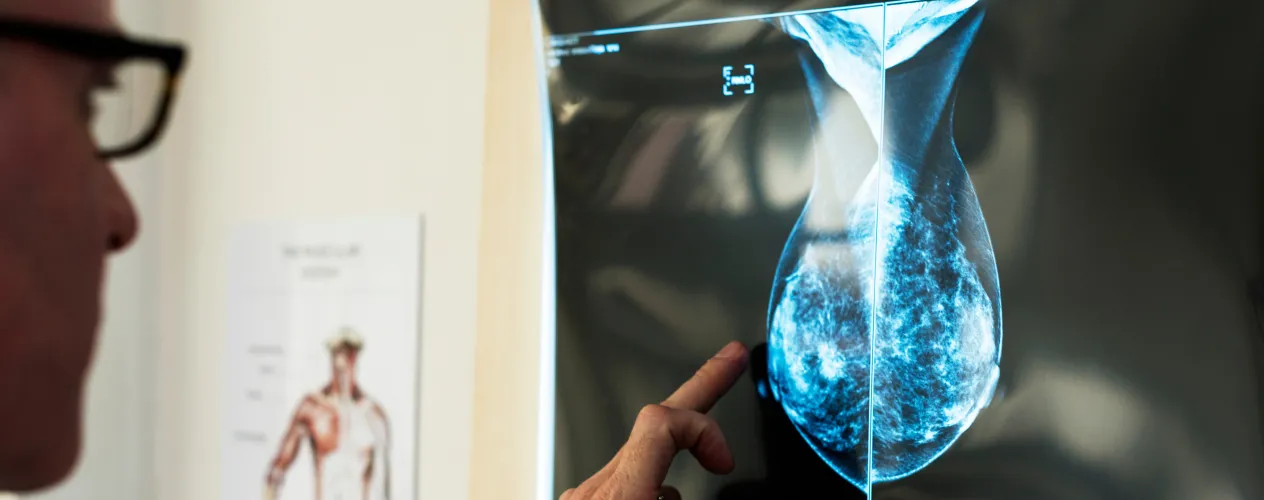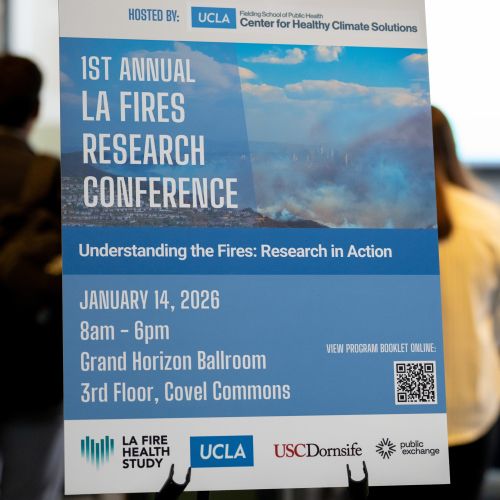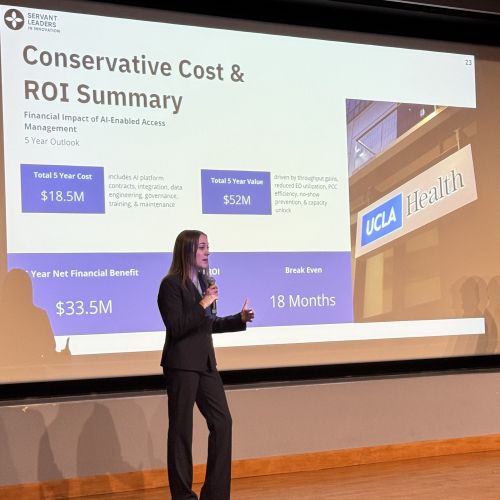AI could help improve early detection of breast cancers between screenings, UCLA-led study shows
UCLA research finds using artificial intelligence during routine screening could potentially reduce interval breast cancer rates by 30%

UCLA Fielding School of Public Health's Dr. Joann Elmore, professor in the Department of Health Policy and Management, co-authored an article in the Journal of the National Cancer Institute that suggests that artificial intelligence (AI) could help detect breast cancers that develop between routine screenings before they become more advanced and harder to treat. This could potentially lead to better screening practices, earlier treatment and improved patient outcomes.
The study, published in the peer-reviewed JNCI, found that AI was able to identify mammographically visible types of interval cancers, or ones that develop between screenings, earlier by flagging them at the time of screening. These include tumors that are visible on mammograms but not detected by radiologists, or have very subtle signs on mammography that are easy to miss because the signs were faint or arguably below the level of detection by the human eye.
Researchers estimate that incorporating AI into screening could help reduce the number of these breast cancers by 30%.
“This finding is important because these interval cancer types could be caught earlier when the cancer is easier to treat,” said Dr. Tiffany Yu, assistant professor of radiology at the David Geffen School of Medicine at UCLA and first author of the study. “For patients, catching cancer early can make all the difference. It can lead to less aggressive treatment and improve the chances of a better outcome.”
For more information, read the UCLA Newsroom and UCLA Health releases on this research.

